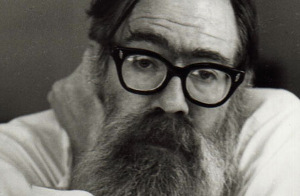A Quote by Edward Hirsch
A person who's only suffering can't write a poem. There are choices to be made, and you need to be objective.
Related Quotes
I started out in graduate school to be a fiction writer. I thought I wanted to write short stories. I started writing poems at that point only because a friend of mine dared me to write a poem. And I took the dare because I was convinced that I couldn't write a good poem... And then it actually wasn't so bad.
I write first drafts with only the good angel on my shoulder, the voice that approves of everything I write. This voice does'nt ask questions like, Is this good? Is this a poem? Are you a poet? I keep this voice at a distance, letting only the good angel whisper to me: Trust yourself. You can't worry a poem into existence.
It has been said that a poem should not mean but be. This is not quite accurate. In a poem, as distinct from many other kinds of verbal societies, meaning and being are identical. A poem might be called a pseudo-person. Like a person, it is unique and addresses the reader personally. On the other hand, like a natural being and unlike a historical person, it cannot lie.
Barring extreme physical and mental disabilities, each and every one of us is where we are today -- be it poor or wealthy, happy or sad, on the streets or in a condo, in a Mercedes or a rusted-out Pinto -- because of the choices we have made during our lives. It's the choices we have made that put us where we are, not the choices others have made for us.






































